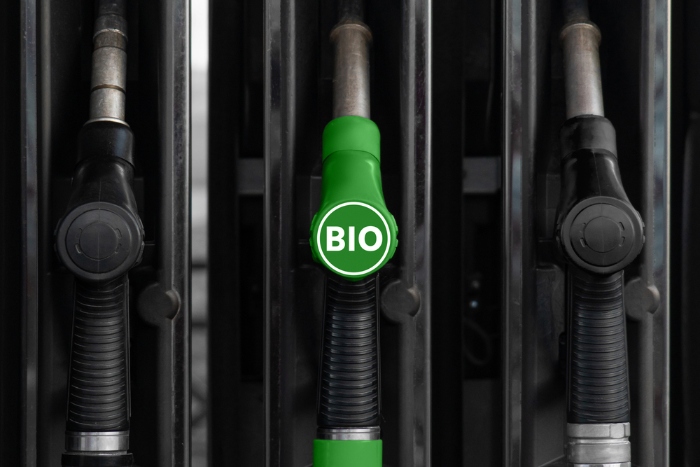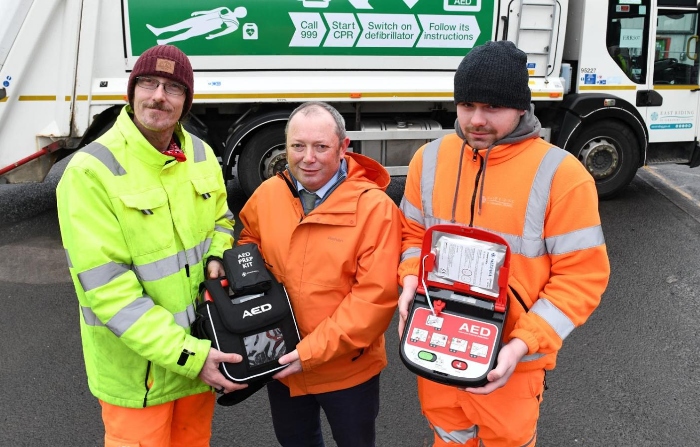All segments saw a fall in volumes during the month, although larger vans weighing more than 2.5 tonnes were less impacted, with a decline of -19.4%. Medium vans weighing greater than 2.0 to 2.5 tonnes declined by -33.4%.
The largest fall was recorded in the 4×4 sector (-80.7%), although this is a low volume segment subject to volatility.
SMMT found that the market was still -21.5% below the pre-pandemic average. This is due to component shortages which have restricted production and therefore delivery.
Around 869 battery electric vans (BEV) were registered in the month – 276 more than last May. BEV registrations for the year to date are 62.7% higher than last year, due in part to significant large fleet orders delivered earlier in the year. As a result, over the year to date, overall BEV market share has more than doubled to 5.2%.
However, the SMMT warns that the sector lags behind the new car market, where, in the year to date, BEVs comprise 14.0% of new registrations. Electric vans comprise just one in 20 new registrations and account for around one in 180 in use.
Mike Hawes, SMMT chief executive, said: ‘Global supply chain shortages continue to hold back the market following last May’s post-pandemic bounce back. Manufacturers have, however, worked hard to get the latest zero-emission vans to customers, more than doubling their market share.
‘However, this is still an emerging market and everything must be done to encourage drivers to switch to zero emission commercial vehicles if we are to achieve our net zero goals. The industry will tackle the supply chain challenges undermining delivery but we urgently need a van plan to address the paucity of dedicated commercial vehicle infrastructure, as well as incentives to boost the sector’s electric transition.’

















Leave a Reply